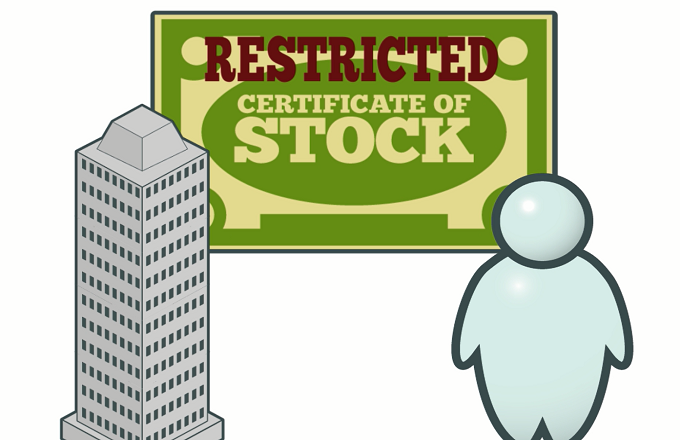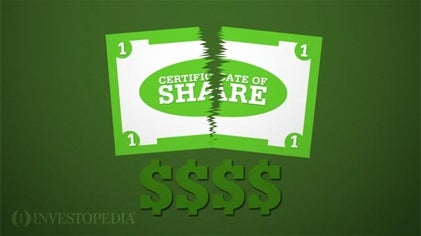The “cap” in small cap stocks refers to a company’s capitalization as determined by the total market value of its publicly traded shares. Small cap stocks are generally defined as the stock of publicly traded companies that have a market capitalization ranging from $300 million to about $2 billion. Small cap stock companies often have a high stock price. It's the number of available shares that make them "small." Assume Mini-Mart Inc. is a publicly traded chain of convenience stores. Its current stock price is $45 per share but there are only 20 million shares on the market. Mini-Mart’s total market capitalization is: 20,000,000 shares x $45/share = $900,000,000 This $900 million market capitalization is well within the small cap stock range definition. Small cap stocks give individual investors an advantage over institutional investors. This is because institutional investors tend to make large block purchases. With large cap stocks, those purchases are a relatively small fraction of the company. However, with a small cap stock, the investment is a significant percentage of the small cap company, and thus triggering SEC filing requirements that then make the purchase public knowledge and inflates the stock price. Individual investors rarely trigger the SEC filing requirements because they normally do not buy the large blocks of stock purchased by institutional investors.





